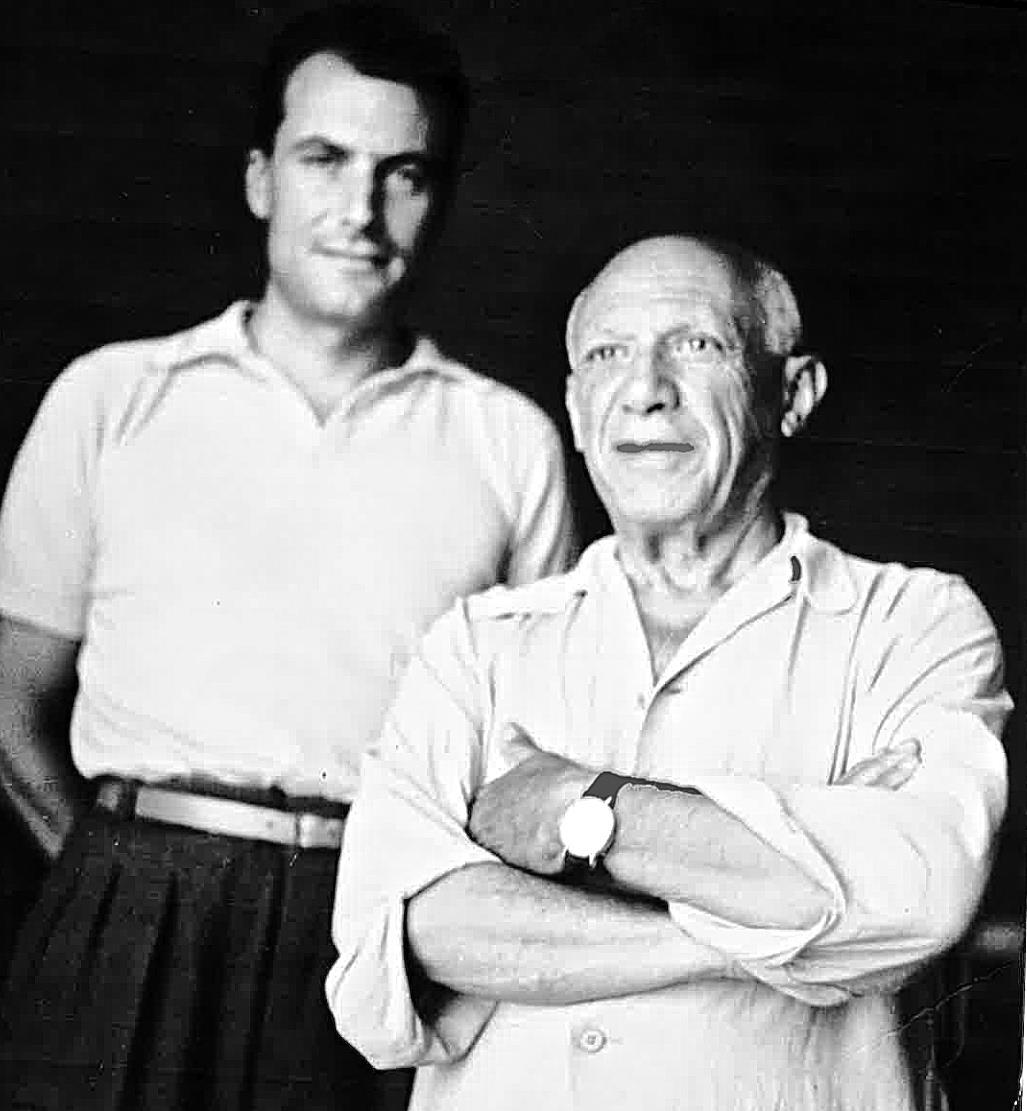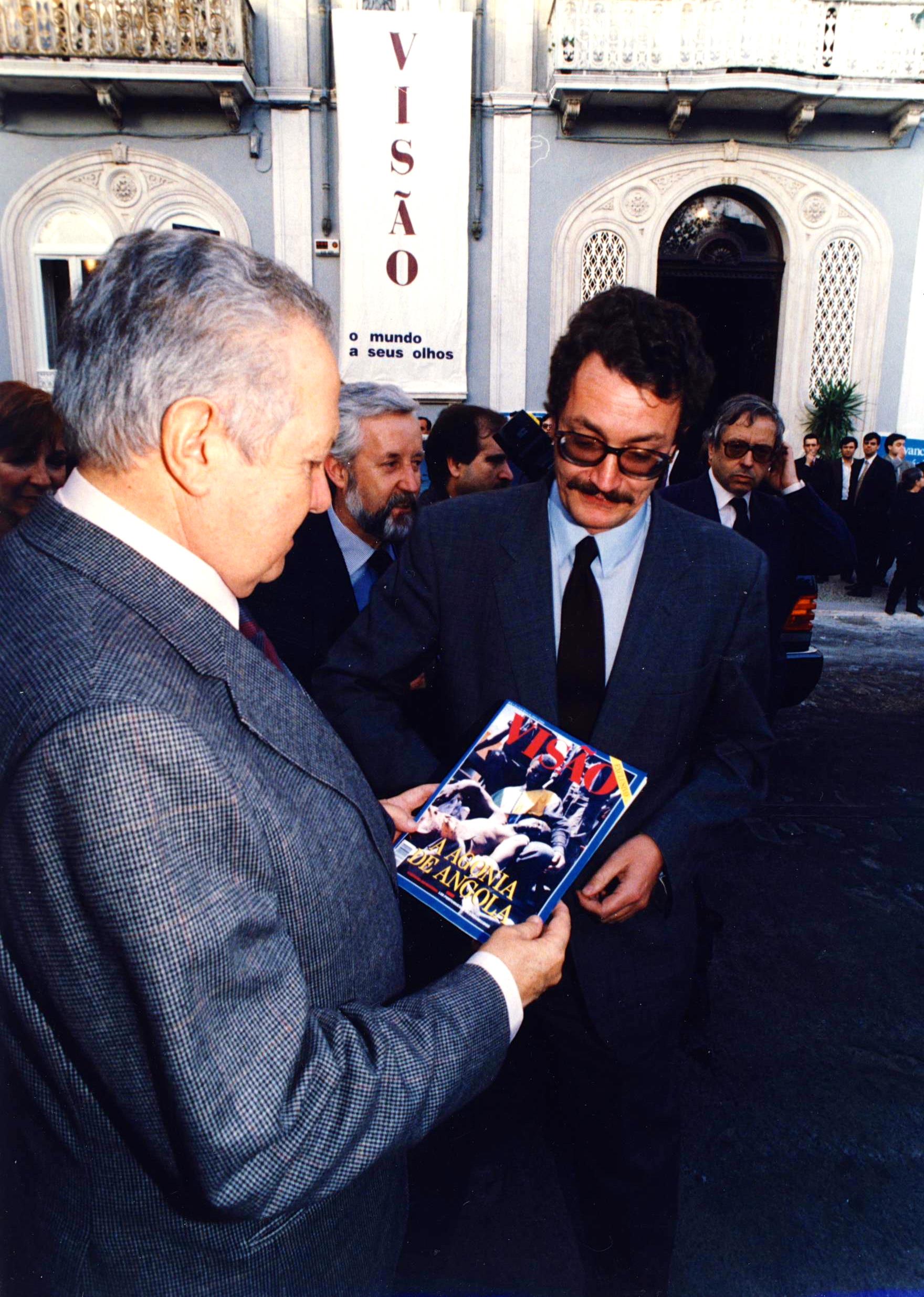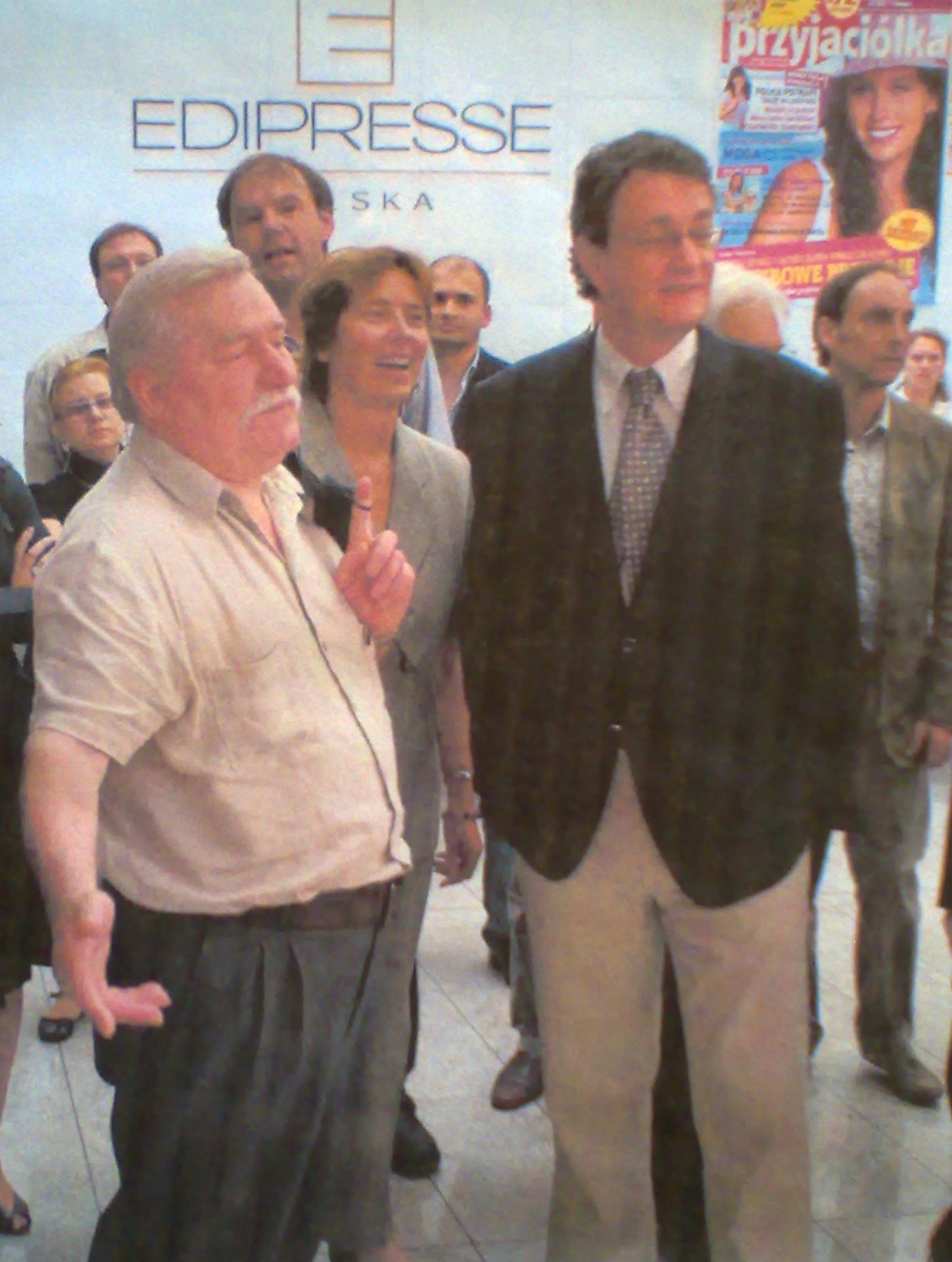From a family business to a thriving global entity: The Edipresse story
How did the company come to being and what was the strategy for growth in the early years?
My grandfather Jacques Lamunière was our dynasty’s founder. In 1925 he was working for the media agency Publicitas, in Lausanne, Switzerland, when one of his close friends bought the local daily paper. As my grandfather’s friend was more of a financial guy than a publisher, he asked Jacques to manage the newspaper. As an incentive he gave him 50 per cent of the company.
In 1950, my father, who is now 95, succeeded my grandfather as co-owner and publisher. He was a writer and an art critic who had developed personal ties with a lot of artists. I remember him holidaying with Picasso in the South of France. During his tenure, my father developed the group by purchasing a number of competitors – turning Edipresse into by far the largest media company in French-speaking Switzerland.
As a result, the business went public, but with the majority of voting rights controlled by the Lamunière family.

Above: Pablo Picasso with Pierre’s father, Marc Lamunière
You took over the business in 1986. What did you bring to the table and how did you develop Edipresse’s offering?
When I took over I wanted to internationalise the business. The first move was an association with the Italian publisher RCS (Rizzoli Corriere Della Sera). We bought five per cent of the group and I joined the board of directors. But the main move was the purchase of 50 per cent of Rizzoli New York, RCS’s US subsidiary.
I chaired the business for eight years, during which time the company developed into the most high-end chain of bookstores and one of the most recognised art book publishers in the US. When the Agnelli family took control of RCS group, we sold them back the US operations.
In the early 1990s, I attended a conference. I saw a presentation by the great publisher and founder of Prisma Press, Axel Ganz, who also ended up being one of my predecessors as chairman of FIPP.
He was so enthusiastic and convincing about magazine publishing that it was infectious and, with almost no home market, in 1992 we decided to become an international magazine publisher.

Above: Pierre Lamunière with President Mario Soares in Lisbon when Edipresse launched Visao
That must have been a risk. How did you drive growth?
That growth was mainly driven by home-grown projects: the launch of new titles, very few acquisitions and almost no international licenses. We launched around 50 new magazines and four newspapers during this period of fast growth.
Within ten years, we had grown our activities in eight European and eight Asian countries, with strong market shares in many of these territories. We reached a turnover of about €800m.
But this took us to a period of considerable change and, in 2009, the family undertook a complete reappraisal of the group strategy. We had three main concerns: how to defend the value of the family business in a rapidly changing environment; how to prepare for a smooth takeover by the next generation; and how to escape the negative burden of public companies.
What became the strategy for achieving these three things?
We made three core decisions:
- To sell of our Iberian activities
- To merge our Swiss newspapers company with Tamedia, by far the largest Swiss media group. The transaction was a cash-plus-shares deal, and brought huge benefits in the shape of market consolidation.
- To take Edipresse private again – as a family we controlled 42 per cent of shares, so it was not a big effort to take control but it changed our ability to make decisions.
So what stage is the business at now and what are your main areas of activity?
Edipresse Group is now 100 per cent private again and we work as an entrepreneurial family office active in media, real estate and venture capital.
The business is now mainly active in Eastern Europe, with a strong presence in Poland. But we are also very active in China and South East Asia. The contraction of print has been more than balanced by our efforts to branch into the development of digital and events activities.
Since the beginning of this year, the fourth generation of our family has taken over the operational responsibilities of the group, with Sebastien based in Switzerland and Michel moving to Asia. The first member of the fifth generation, Ines Lamunière, was born two weeks ago – so the business looks to continue to be a family-owned entity for plenty more time yet.

Above: Pierre Lamunière with Lech Walesa at Edipresse Polska
It’s a fascinating journey that has seen the business change focus and strategy many times – as well as ownership. What are your views on current industry developments and the rapid pace of change we are seeing?
There are a number of things to consider. The first is that the industry is obviously under considerable pressure from new technologies, and these are not only changing the way we must distribute information but also the way that information is created. Those providing historical content lost their highly profitable monopoly and now have to struggle in the tough world of commodities.
The losers have been many, and the winners have been few. The winners take it all. They rarely come from the publishing industry. New competition can come from everywhere.
What impact have you witnessed on your industry?
For publishers, the destruction of value has been huge as the market is not yet ready to pay the price for online quality content.
Of course, digital requires different type of talent, which is difficult for publishers to attract. For the first time in the industry, the senior management has no real personal experience of the new business they have to develop. We are not natives. That is a difficult position to be in.
Despite that, and even if the challenge is high, I am convinced that the best publishers will survive. The publishing industry was highly profitable for such a long time that there must be room for more efficiency. Even in a shrinking environment, leaders in the market can continue to grow. But that means there will be no place for average companies or titles.
I believe that consumers will ask for more quality content in the near future and that advertisers will pay more for motivated consumers. To create great content is in the genes of a publisher. So that is an advantage.
And publishers with deep pockets will buy more and more digital activities from outside the publishing world, to acquire ideas and talents.
To succeed, the publishing industry should once again put creativity and entrepreneurship at the centre and decrease the role of the cost-cutting accountant managers that have destroyed so much value and enthusiasm in the last 10 years. ‘Try, fail, try again, fail again, try again and succeed’ is the new rule of the game.
If you are interested in writing for FIPP, contact Amy Duffin.
More like this









